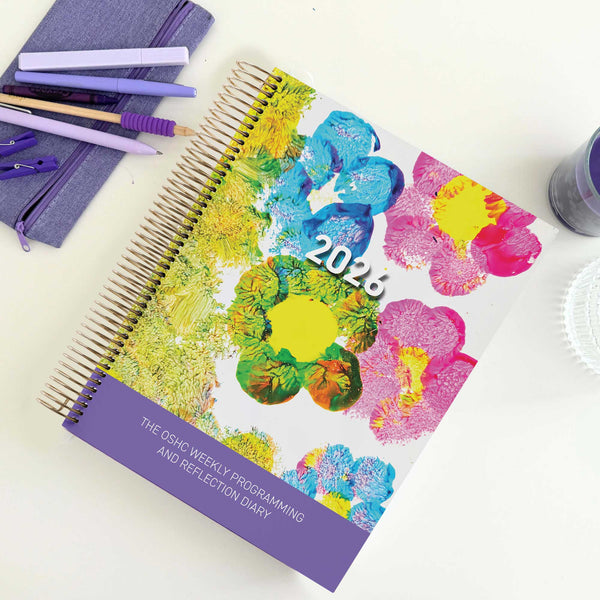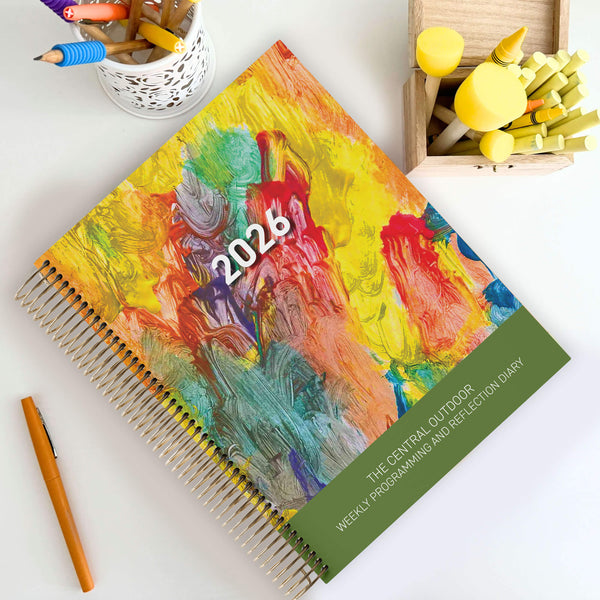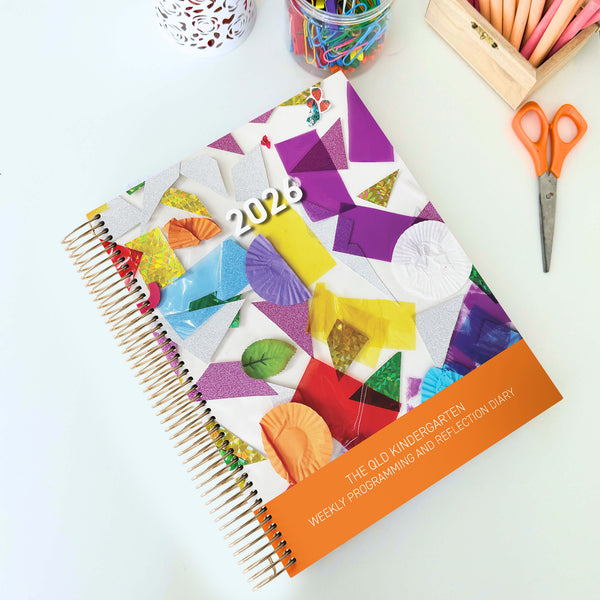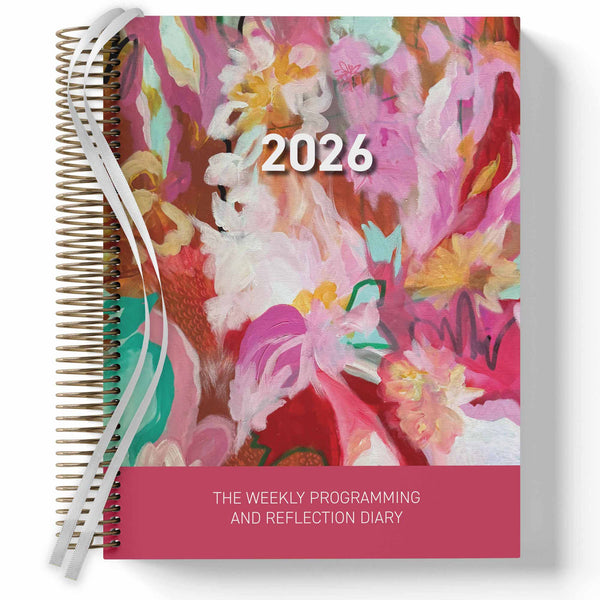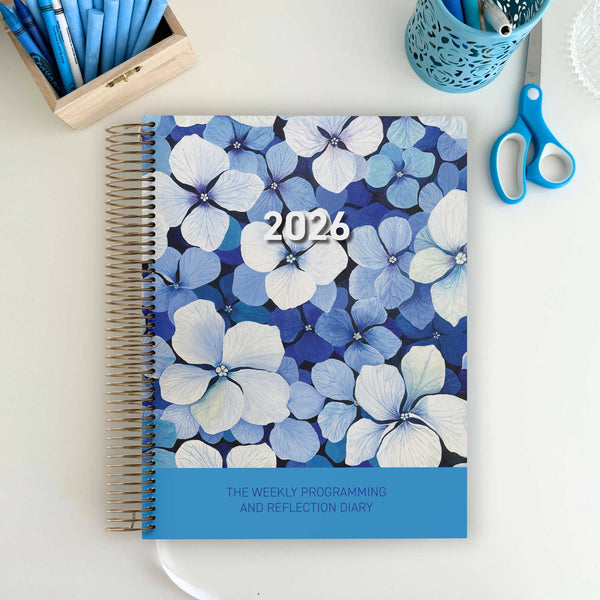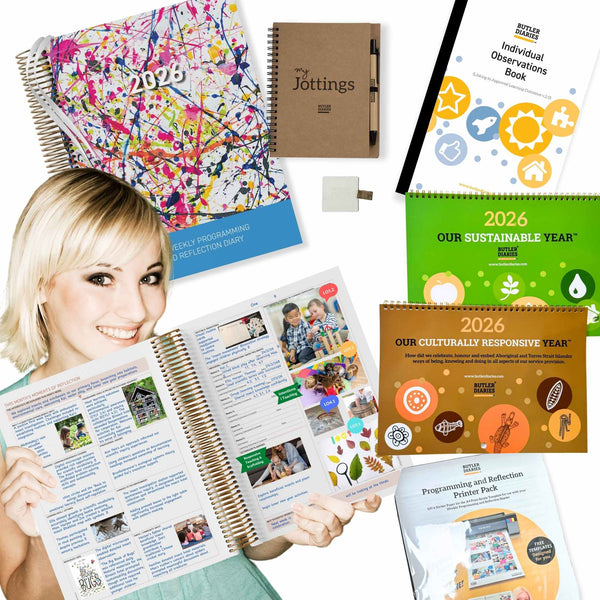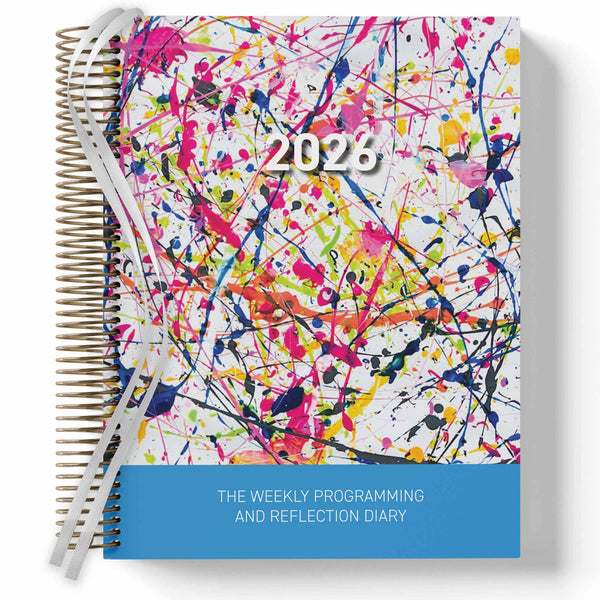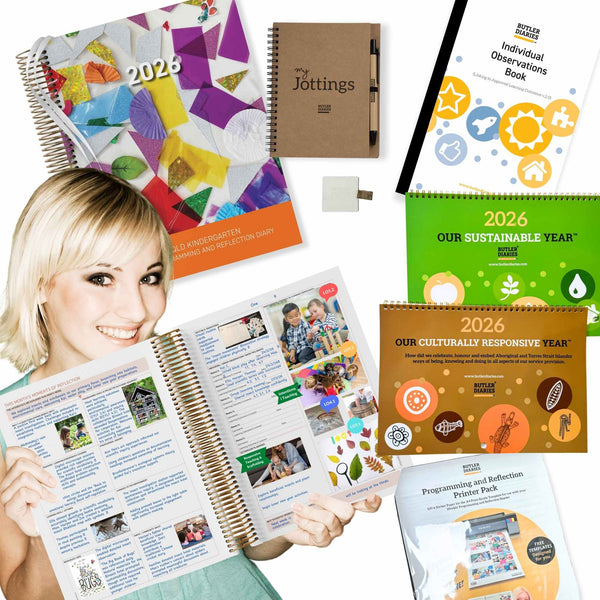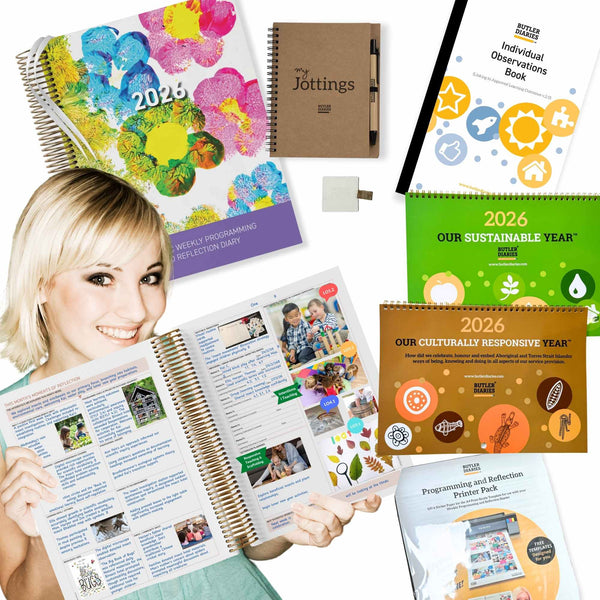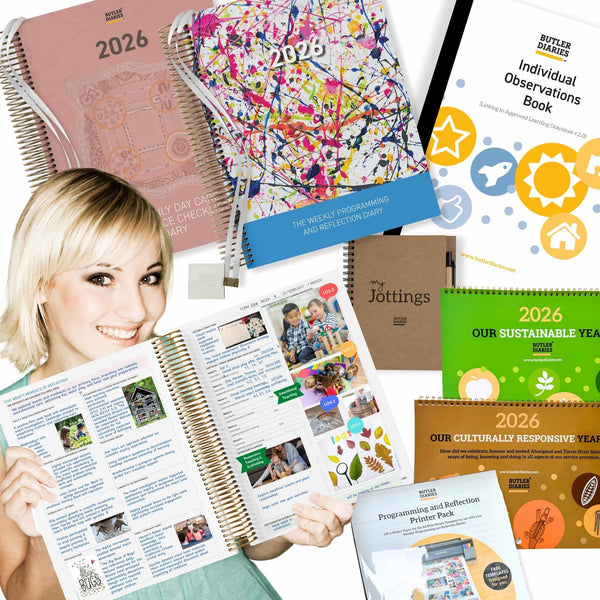In the world of Early Childhood Education and Care (ECEC), the role of an Early Childhood Educator is pivotal. These professionals play a crucial part in laying the foundation for a child's lifelong learning journey. With meticulousness and dedication, they create a nurturing environment where children can grow, learn, and develop to their fullest potential.
The Responsibilities of an Early Childhood Educator
- Creating a Safe and Inclusive Environment
One of the primary responsibilities of an Early Childhood Educator is to establish a safe and inclusive learning environment. This involves ensuring that the physical space is child-friendly, free from hazards, and encourages exploration. Additionally, educators foster an atmosphere of inclusivity, where every child feels valued and respected, regardless of their background or abilities.
- Curriculum Planning and Implementation
Early Childhood Educators are not merely caretakers; they are educators with a purpose. They design and implement developmentally appropriate curricula that stimulate cognitive, social, emotional, and physical development. These curricula align with educational frameworks like the Early Years Learning Framework (EYLF) in Australia.
- Observing and Assessing Children's Development
To support each child's individual growth, educators continually observe and assess their development. They document children's progress, identify areas where additional support may be needed, and provide tailored activities to address specific developmental goals.
- Building Positive Relationships
Building strong, positive relationships with children and their families is a cornerstone of an Early Childhood Educator's role. Effective communication with parents and caregivers is essential to ensure that the child's home and educational experiences are aligned.
- Promoting Holistic Development
Early Childhood Educators encourage holistic development, which encompasses cognitive, emotional, social, and physical aspects. This involves activities such as reading, art, outdoor play, and group interactions, all designed to nurture well-rounded individuals.
- Guiding Social and Emotional Development
In addition to academic skills, Early Childhood Educators place great emphasis on social and emotional development. They help children learn to manage their feelings, resolve conflicts, and develop essential life skills.
- Record-Keeping and Documentation
Meticulous record-keeping is crucial in ECEC. Educators maintain detailed records of children's progress, observations, and learning experiences. This documentation is not only for tracking development but also for regulatory compliance.
- Staying Informed and Reflecting
The field of ECEC is ever-evolving, with new research and best practices emerging regularly. Early Childhood Educators must stay informed about these developments and engage in critical reflection to improve their teaching methods continually.
The role of an Early Childhood Educator is multifaceted and demanding. These dedicated professionals provide a safe, inclusive, and stimulating environment where children can thrive. With their meticulousness and commitment, Early Childhood Educators truly embody the spirit of celebrating the profession by nurturing young minds with care.
At Butler Diaries, we're here to take the weight off some of this hefty responsibility with our Diaries to simplify documentation, observations, programming and reflection.









